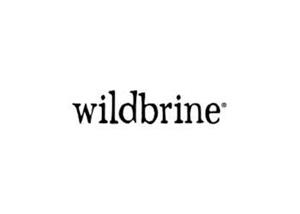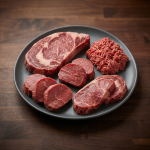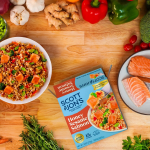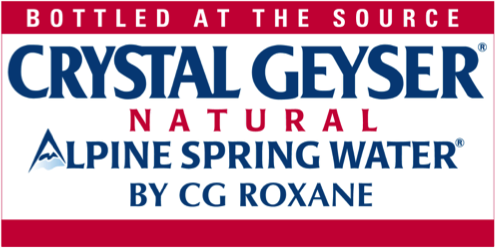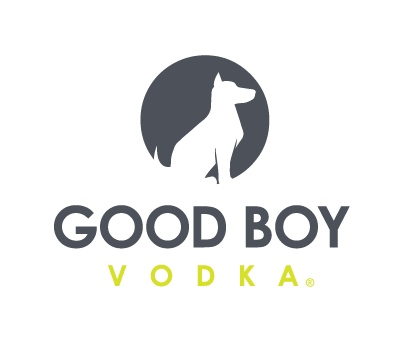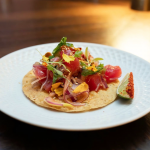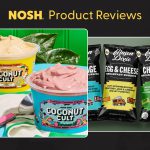Fermented Food Maker Wildbrine Takes on Alt-Dairy With wildCREAMERY
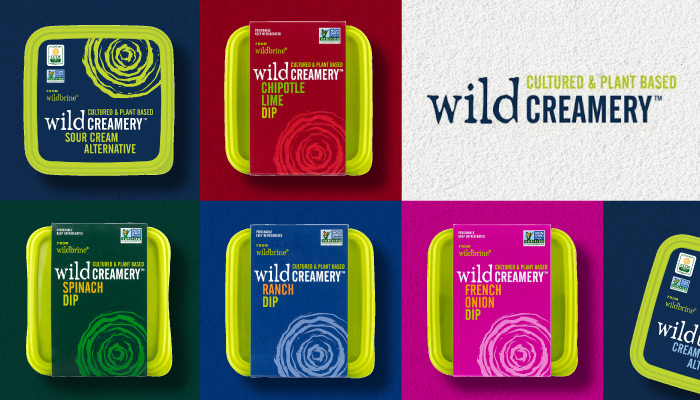
Having spent the better part of a decade focused on fermented food products like sauerkraut and kimchi, Wildbrine is using its fermentation expertise to expand its horizons this month with the launch of wildCREAMERY, a new line of plant-based dairy alternative products made from the company’s in-house cultures.
Founded in 2011 by Chris Glab and Rick Goldberg, Wildbrine produces a range of fermented foods, dips and sauces including sauerkraut, kimchi, salsa and sriracha, sold at retailers such as Whole Foods, Wegmans, Target and Sprouts. The company decided to experiment with its fermentation processes and further expand its offerings in 2019, previewing a test of a cheese alternative, brie, at Expo West 2019. The product’s warm reception sparked the idea for wildCREAMERY.
In hopes of taking the line quickly from conception to market, the company early on purchased a new facility in Santa Rosa, California dedicated to producing dairy alternatives.
“We really thought we had a tiger by the tail, given that there’s a huge trend towards plant based,” he said. “We’re intrigued by the category, the size of the category, but most importantly, by the kind of products that we could offer that we thought were distinctive and gave us a real reason for doing it.”
The company planned to launch the line last April, but the onset of the pandemic slowed down the construction of its new facility, as the company had difficulty securing contractors and permits as well as building equipment. While the extra time was unexpected, it ultimately was a benefit, allowing Wildbrine to “perfect the products that we’re putting on the market,” Glab said.
Now two years later, wildCREAMERY will finally launch this month in natural and specialty stores in Northern California. The line will debut with seven products, including Spinach, Ranch, French Onion and Chipotle Lime dips along with plant-based alternatives to cream cheese, sour cream and European style butter. All the products are vegan, GMO-free and gluten-free, and are offered at a suggested retail price of approximately $5.99. A wider retail launch will follow in March, Glab said, and while he could not disclose which retailers are set to carry the product, he said the company will be focusing mostly on the natural and specialty channel for its initial debut.
Positioned in an increasingly crowded alt-dairy set, Glab believes the company’s production process will help the line stand out. He said that the company discovered that the culture that is developed on dairy substates comes from the same organisms, lactobacillus, that the company uses for its fermentation, so Wildbrine uses its in-house cultures in combination with other enzymes and flavorings to create different types of alt-dairy products. This use of in-house cultures, rather than lab cultures, differentiates the products’ taste from others on the market, Glab said.
“To my knowledge, none of the other plant-based dairy products are as entrenched in fermentation as we are,” he said. “We have this proprietary and customizable ability to deliver flavors that others in that arena can’t.”
Though wildCREAMERY will launch with a variety of products, they all use a fairly similar production process, Glab said, allowing Wildbrine to start broader from the outset. The hope is by targeting different parts of the store, the company will benefit from increased visibility for the new line, a move Galb believes will ultimately prevent the products from getting lost on shelf.
One product that isn’t part of wildCREAMERY’s initial range is the brie that inspired so much excitement in 2019. While the company believes its unique brie product will give the company a competitive edge over other plant-based cheeses on the market, it’s a “complicated and difficult product to make” due to a lengthy aging process, Glab said. Instead, Wildbrine will launch the brie exclusively through ecommerce to avoid problems fulfilling retailer orders, in tandem with the rollout of the company’s new ecommerce platform this spring. Glab said this platform will give the company the opportunity to offer consumers more products than retailers typically allot for the fermented food set.
“When you get to the more innovative, the more culinary, but unfortunately, the more niche products, sometimes while they’re great products, they just don’t get on shelf because of the limited shelf space,” Glab said. “So ecommerce is going to give us the ability to offer to consumers a broad array of everything we do.”
Looking ahead to future innovation, Galb said there’s “many great directions” Wildbrine could take the wildCREAMERY products, though the company aims to stay away from oversaturated or competitive categories like yogurt, likely focusing instead on dips and dressings as well as cheeses like cheddar and parmesan. Because the company has been self-funded since its inception, Glab said he and Goldberg have been able focus solely on the food, taking their time to determine the right ingredients and processes needed to make their products, which is the approach he said they will continue to take with new wildCREAMERY innovations.
“It’s allowed us to make sure that everything we do is about food and about how it tastes and how good it is for you,” he said. “And we haven’t had the external pressures that say, ‘Well, you could cut the cost if you went from peeling your own horseradish and processing your own ginger.’ It’s allowed us to say we’re gonna do this the way we want to do it and keep it about the food.”
